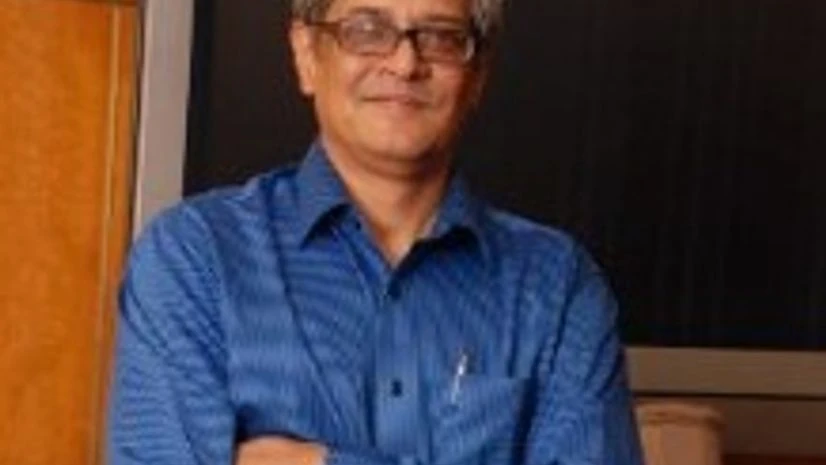To steer restructuring of the Railway Board, Indian Railways has set up a committee under Bibek Debroy, economist and professor, Centre for Policy Research. The committee will recommend steps to mobilise resources for major projects and help set up a Rail Tariff Authority.
Speaking to Business Standard, Debroy said, “It’s premature to comment on the steps ahead. Let the first meeting convene to chalk out a path ahead.”
Three months ago, Railway Minister Sadananda Gowda had, in his Budget speech, proposed reforming the Railway Board. To rationalise rates and do away with political interference in this field, the government had also introduced a fuel adjustment component, linking freight and passenger rates with fuel prices.
More From This Section
Vivek Sahai, former chairman of the Railway Board, said, “The committee should submit its report within a year, without demanding any extension. Then, it will be up to the government to implement the suggestions. I hope this committee does not have a fate similar to that of other committees. To introduce efficiency, the Railway Board needs reforms.”
Earlier, similar committees, headed by Rakesh Mohan and Sam Pitroda, hadn’t seen success, in terms of implementation of their recommendations.
Amid the government clearing the road to the flow of domestic and foreign direct investment into Indian Railways, setting up a Rail Tariff Authority was important, as this body would act as a nodal authority in case of disputes arising between private parties and the railways, said a railway official.
The Railway Board was earlier restructured in 1988. At that time, an additional post of member (electrical) was created, through the structure largely remained the same as that during the British era.
Currently, Indian Railways works on a top-down hierarchical model — a six-member Railway Board creates, implements and monitors policies in this segment and takes all key decisions. The railways is categorised into 16 geographical zones, employing about 1.4 million people. It operates on a cadre-based system (mechanical, engineering, electrical departments, etc), with no separation of passenger and freight businesses.
PROPOSALS FROM OTHER PANELS
- The Rakesh Mohan committee of 2001 sought corporatisation of the railways, with separate freight and passenger operations
- Sam Pitroda committee of 2012 sought reorganisation of the Railway Board, with separate members for passenger, freight, technology and business development
- Pitroda report called for scrapping the position of chairman of the Railway Board and replacing it with a chief executive officer
- Other key suggestions of the Pitroda panel included appointment of an ombudsman for all private-public partnership projects

)
